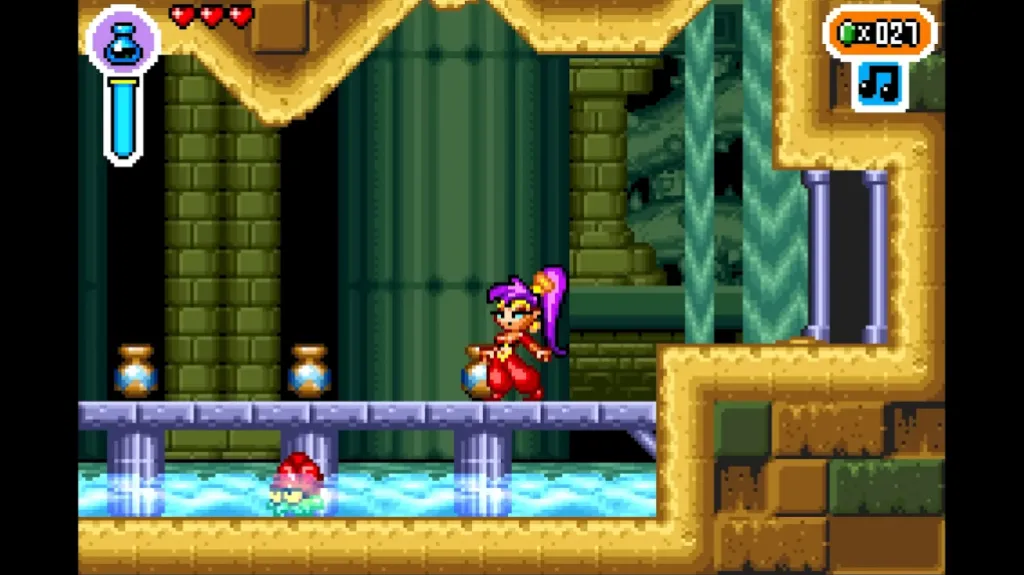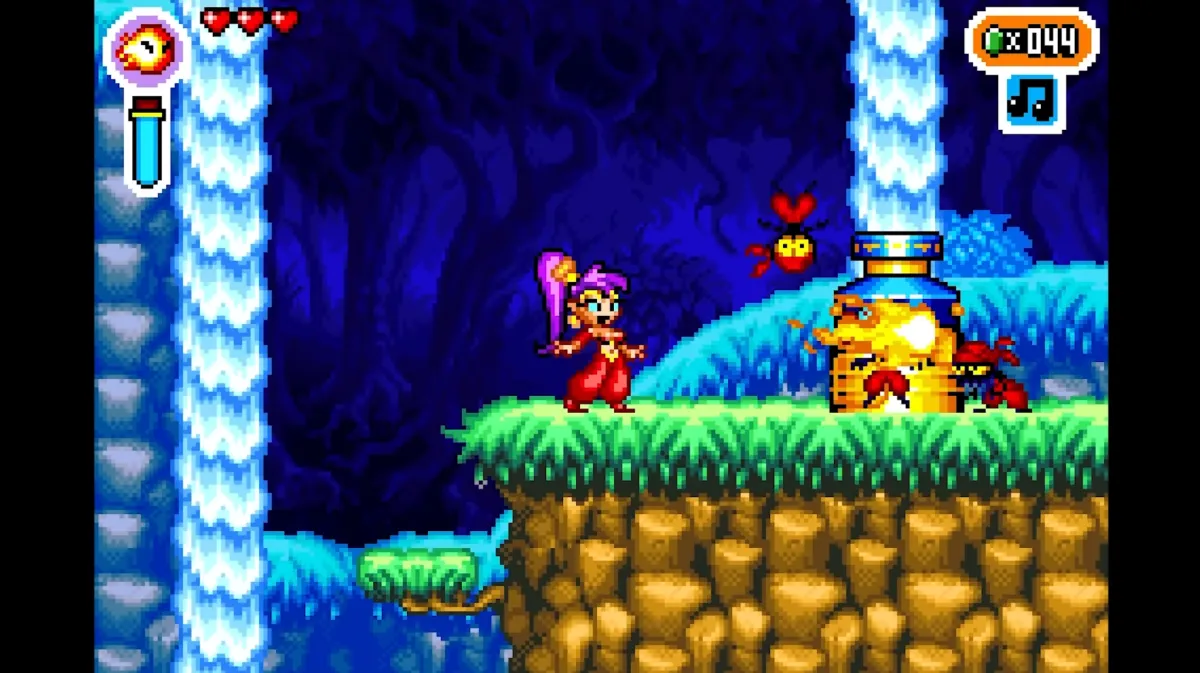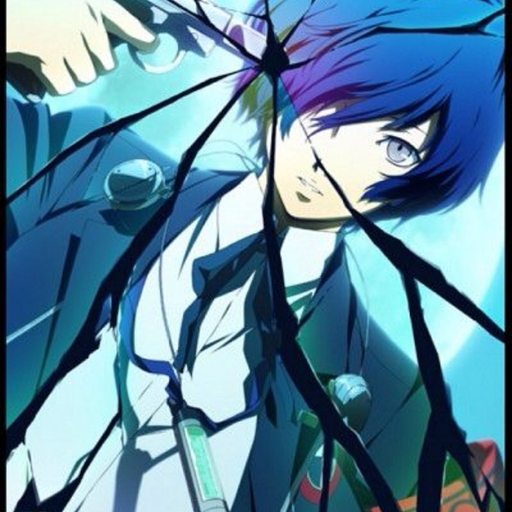Limited Run Games’ annual summer showcase has always been one of my highlights of the slew of summer gaming events, if only because I’m curious which digital-only games are able to be preserved in physical media forever. In recent years, the company has been shifting more and more into reviving classic games for modern preservation, which has helped exponentially in keeping these games alive. It’s a drop in the bucket in the grand scheme of things, but every effort counts. But Shantae Advance: Risky Revolution from WayForward and Limited Run is a mind-melting step beyond what I thought was even possible.
Shantae Advance was meant to be a Game Boy Advance sequel to 2002’s Shantae that was canceled after WayForward couldn’t find a publisher for it, due to low sales of the original. As a result, the Shantae series went on hiatus until 2010 when Shantae: Risky’s Revenge released on Nintendo DSi and became the best game on the service. However, WayForward had kept all of the files and code for Shantae Advance in the hopes of eventually reviving it as the true second chapter in the series, and that is finally happening now. So not only is this lost Shantae entry finally seeing a release 20 years later, but it’s also getting a physical run on Game Boy Advance. When was the last time you bought a new Game Boy Advance game?
When you break it down, talking about Shantae Advance: Risky Revolution is demonstrable proof that preserving and archiving games will benefit the industry. Here we have a game that was lost to time, never to see the light of day, only for WayForward’s extensive archival efforts to allow for the game’s release. Lord knows there have been instances of several video games that have faced the opposite hurdle, where the developers lost the original source code. It’s one of the reasons why no fan of the Silent Hill series will acknowledge the HD remasters of Silent Hill 2 and 3 due to their being reconstructed from incomplete files, resulting in a worse finished product than the originals.

But reviving lost and incomplete games is only the beginning. Limited Run Games showed off plenty of other revivals that pleased many video game preservationists like myself. Several inaccessible games were announced to be receiving modern physical ports, like Tomba, El Shaddai: Ascension of the Metatron, and, for some reason, Gex. I personally don’t have much of a connection to the Gex series, but it’s still a positive development seeing Gex come back and presented to a new audience. Whether they gravitate towards these games or not isn’t really the point — the point is that they’re here again and can be played again on modern systems. No more need to break out the Nintendo 64 or, God help you, the 3DO.
But another fairly major win during that presentation was for Clock Tower. Despite being a well-regarded horror game and having fan translations and homebrew cartridges available if you know where to look, the original SNES game never left Japan. Once again through WayForward, Clock Tower will not only be released in the States for the first time in 2024, but it will be a fairly authentic recreation of the original game. I say fairly because the game will be enhanced with extra features like new cutscenes, an animated intro, and new music. So it may not be a perfect recreation of the original game, which may sour some folks who want a straight port of the original game, warts and all, but it’s still a game nearly three decades old being released to an audience that never experienced it.
These efforts are all commendable steps in helping keep classic games alive. But more needs to be done. I’m in the minority of gamers who still collect and play their retro games. I get plenty of new games, but regardless of when our favorite games came out, eventually all games need to be preserved — and the ESA is actively fighting against it. Not only that, but companies are gatekeeping their classic content behind compilations, subscription services, and the odd re-release whenever it seems financially viable. For some games, it will never be financially viable to re-release. I can’t think of any reality where Gearbox will want to re-release the amazing DS game Aliens: Infestation. Does that mean we should forget about such games and discard them like garbage? Those games still had developers who slaved over them to create a finished product, and they should at least be playable in some way, shape, or form.

As has been widely reported of late, the Video Game History Foundation conducted a recent study showing that 87% of all video games before 2010 cannot be legally acquired or purchased in the current marketplace. If you want to play those games, realistically, you either need to maintain a collection of vintage hardware and games or break the law to pirate them. And even among currently available games, there’s no guarantee they will always remain available. Just this year we’ve had to deal with the closure of the Nintendo 3DS and Wii U eShops, and we had to fight just to keep the PlayStation 3 and Vita stores open for a while longer. It’s a problem that came to the forefront in television and film last year when HBO Max, now known as Max, slashed virtually all of its animated shows with no real way to legally acquire them.
Whether it be through a universal video game library or some kind of archival museum, more needs to be done for video game preservation. Yes, I’m thrilled that I’m going to be able to play a new Game Boy Advance game in 2024, and I’m happy that Limited Run Games is carrying the torch when it comes to attempting to safeguard classic games. However, it’s only a start. For now, supporting these games and trying to keep physical collections is the best that we can do, but there’s only so much space in my apartment to keep physical games. Eventually there will need to be some game developer or publisher that stands up and offers assistance and support to organizations like the Video Game History Foundation in its efforts to preserve video games. Our medium deserves to be looked after and secured. And if that means having everyone become excited about Gex, then so be it.






Published: Jul 18, 2023 11:00 am